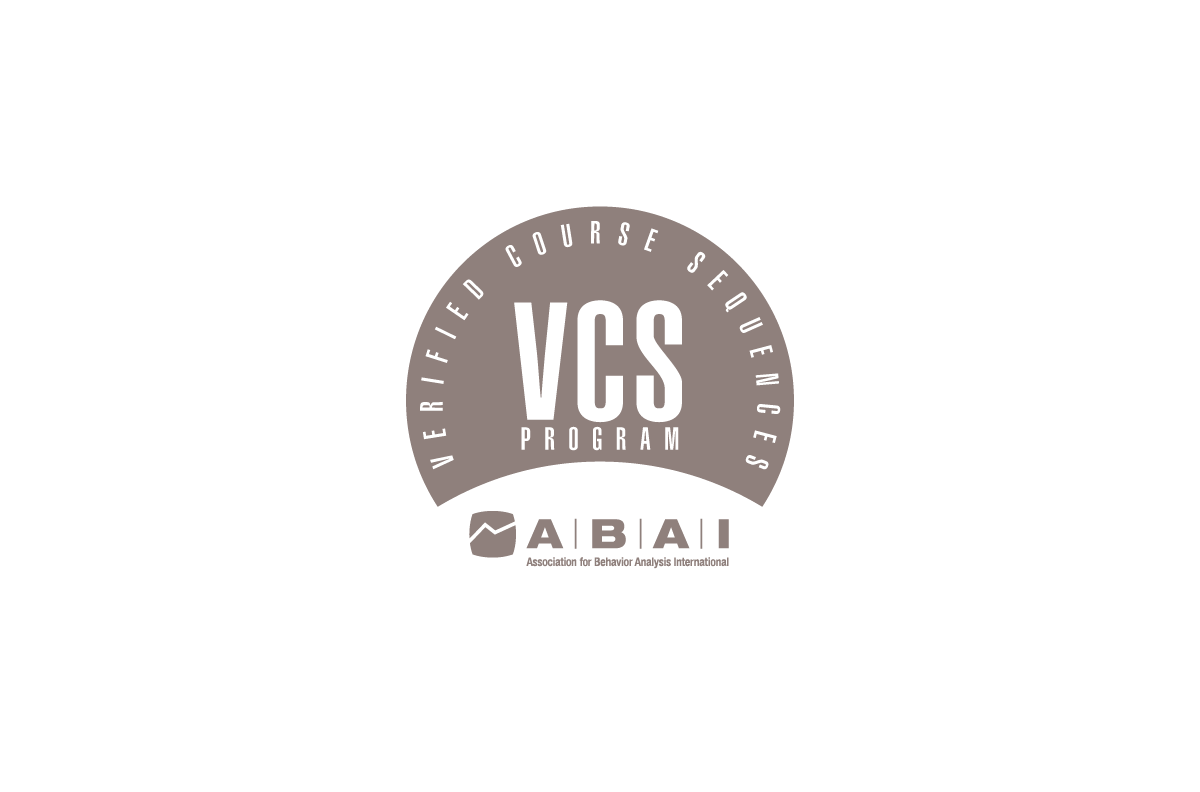Board Certified Assistant Behavior Analyst® (BCaBA®)
Verified Course Sequence
Typical Length Varies
Delivery Online
This program is no longer admitting new students. Please refer to the. Master in Special Education, ABA-Track website and interest form to be notified of updates regarding our ABA program option.
As of December 2022, the BCBA-Track discontinued enrollment as we transitioned to pursuing new accreditation requirements. To learn more about the new requirements, please refer to the March 2022 BACB newsletter: https://www.bacb.com/wp-content/mar2022_Newsletter/. As a result of these changes, Spring 2023 was the final admission period for this program offering.
Candidates interested in still pursuing a BCaBA-Track pathway can visit the Verified Course Sequence directory for alternative program options: https://www.abainternational.org/vcs/directory.aspx
BCaBA® Certification is a national certification, administered by the BACB®, not UH Mānoa. Individuals who practice applied behavior analysis with the BCaBA® credential are required to be supervised by a Board Certified Behavior Analyst® (BCBA®) or a doctoral-level Board Certified Behavior Analyst® (BCBA-D®). A BCaBA® may supervise the practice of Registered Behavior Technicians and others on how to implement applied behavior analysis interventions.


